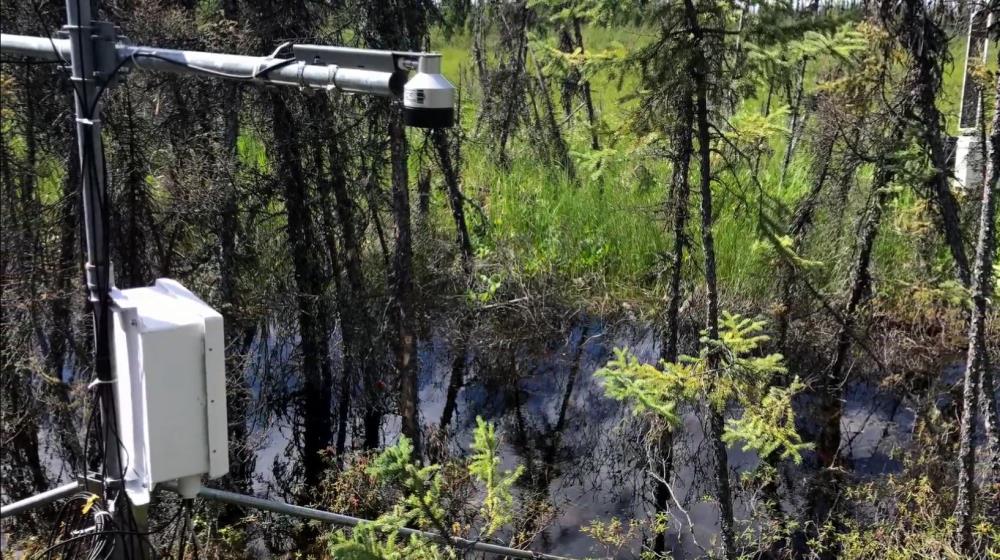
Related items loading ...
Section 1: Publication
Publication Type
Conference Poster
Authorship
Deen, T., Arain, A., Champagne, O., Chow-Fraser, P., & Martin-Hill, D.
Title
Assessing the impact of climate change on the McKenzie Creek in the Great Lakes Region
Year
2022
Publication Outlet
AOSM2022
DOI
ISBN
ISSN
Citation
Deen, T., Arain, A., Champagne, O., Chow-Fraser, P., & Martin-Hill, D. (2022). Assessing the Impact of Climate Change on the McKenzie Creek in the Great Lakes Region. Presented at: GWF2022 - Global Water Futures Annual Open Science Meeting. 16-18 May 2022
Abstract
The McKenzie Creek is an intermediate size tributary within the southern portion of the Grand River in the Great Lakes Basin. The Creek is an important ecosystem service provider, supplying water for agricultural irrigation to the rural communities within the sub-watershed as well as the Six Nations of the Grand River reserve, the largest First Nations community by population in Canada. It is understood that lakes, river, and streams will be impacted by temperature increases and changes in precipitation patterns. Climate change projections for the McKenzie Creek sub-watershed indicate that the region will experience a 3-6°C increase in annual average temperature and increase in winter and early spring precipitation. This study explores the impact of climate change on the streamflow of the McKenzie Creek. The Coupled Groundwater and Surface-Water Flow Model (GSFLOW) was used to simulate changes in streamflow within the sub-watershed from 1951 to 2099. GSFLOW was run using observed NRCANmet gridded data, and 11 downscaled Coupled Model Intercomparison Project 5 (CMIP5) Global Climate Models (GCM) under Representative Concentration Pathways (RCP) 4.5 and 8.5 scenarios. Findings suggest that in the future McKenzie Creek streamflow will be most affected during winter months with streamflow projected to increase while spring streamflow is expected to decrease and summer and fall streamflow will experience little to no change. These changes may lead to more winter and early spring flooding events, while summer low flows may result in drought events in this sub-watershed. Understanding of how climatic changes will impact the McKenzie Creek streamflow will provide water managers and users with important information to better plan of the future.
Plain Language Summary
Section 2: Additional Information
Program Affiliations
Project Affiliations
Submitters
|
Tariq Deen | Submitter/Presenter | deenta@mcmaster.ca | McMaster University |
Publication Stage
N/A
Theme
Human Dimensions - Impact and Management
Presentation Format
poster presentation
Additional Information
AOSM2022 Co-Creation of Indigenous Water Quality Tools First Author: Tariq Deen, McMaster University Additional Authors: Altaf Arain, McMaster University; Olivier Champagne, McMaster University; Patricia Chow-Fraser, McMaster University; Dawn Martin-Hill, McMaster University


 GWFNet
GWFNet Master
Master Data
Data Research
Research Map
Map
 Advanced
Advanced Tools
Tools
 . . .
. . .
 Metadata Editor
Metadata Editor
 Record List
Record List
 Alias List Editor
Alias List Editor
 Legacy sites
Legacy sites